This article presents lists of the literary events and publications in 1825.
This article presents lists of the literary events and publications in 1827.

"Mary Had a Little Lamb" is an English language nursery rhyme of nineteenth-century American origin. It has a Roud Folk Song Index number of 7622.

Sarah Josepha Buell Hale was an American writer, activist, and an influential editor. She was the author of the nursery rhyme "Mary Had a Little Lamb". Hale famously campaigned for the creation of the American holiday known as Thanksgiving, and for the completion of the Bunker Hill Monument.
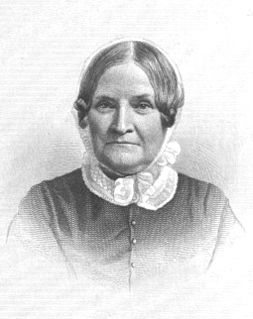
Lydia Maria Francis Child, was an American abolitionist, women's rights activist, Native American rights activist, novelist, journalist, and opponent of American expansionism.

Frances Sargent Osgood was an American poet and one of the most popular women writers during her time. Nicknamed "Fanny", she was also famous for her exchange of romantic poems with Edgar Allan Poe.

Agnes Strickland was an English historical writer and poet. She is particularly remembered for her Lives of the Queens of England.

Aloys II, Prince of Liechtenstein, born Aloys Maria Josef Johann Baptista Joachim Philipp Nerius, was the sovereign Prince of Liechtenstein between 1836 and 1858. He was a son of Johann I Joseph, Prince of Liechtenstein (1802–1836) and Landgravine Josepha of Fürstenberg-Weitra, nephew of Aloys I and father of Johann II and Franz I. Alois contributed actively to Liechtenstein's economic and political development.
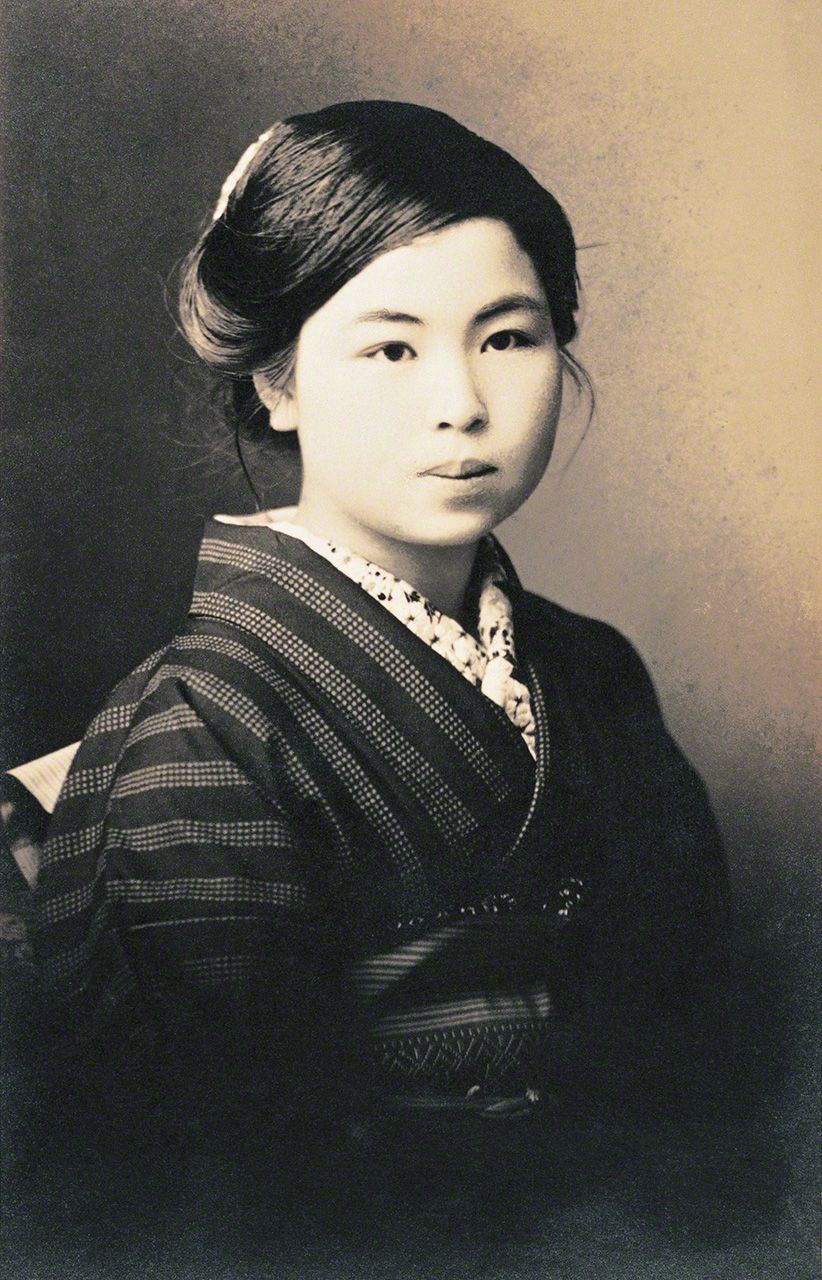
Misuzu Kaneko was a Japanese poet and songwriter. She was born Teru Kaneko in Senzaki-mura, now part of Nagato, Yamaguchi prefecture.

Prince Maximilian of Saxony was a German prince and a member of the House of Wettin. He was the sixth but third and youngest surviving son of Frederick Christian, Elector of Saxony and the composer Princess Maria Antonia Walpurgis of Bavaria.

Caroline Lake Ingalls was the mother of Laura Ingalls Wilder, author of the Little House books.
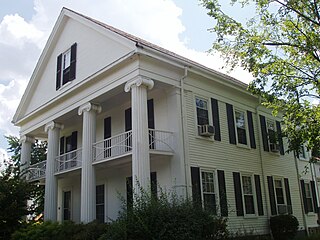
Grandfather's House, also known as the Paul Curtis House, is a historic house at 114 South Street in Medford, Massachusetts. It is claimed to be the original house named in the American poem "Over the River and through the Wood" by Lydia Maria Child.
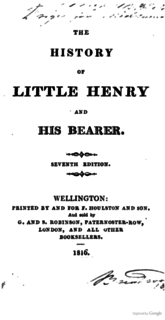
The following is a list of the published works of Mary Martha Sherwood. Because it relies on M. Nancy Cutt's annotated bibliography of Sherwood's books in Mrs. Sherwood and her Books for Children, this list does not include her many periodical articles, such as those she wrote for The Youth's Magazine. The list follows Cutt's generic divisions.
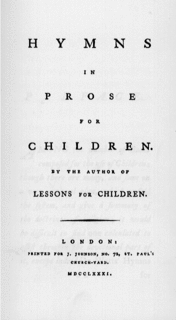
Hymns in Prose for Children (1781) is a children's book by Anna Laetitia Barbauld.

Gift books, literary annuals or a keepsake were 19th-century books, often lavishly decorated, which collected essays, short fiction, and poetry. They were primarily published in the autumn, in time for the holiday season and were intended to be given away rather than read by the purchaser. They were often printed with the date of the coming new year, but copyrighted with the actual year of publication.

Countess Franziska de Paula Kinsky von Wchinitz und Tettau was princess consort of Liechtenstein from 1836 to 1858 as the wife of Aloys II, Prince of Liechtenstein.
Anna Maria Wells was an Early American poet and children’s writer.
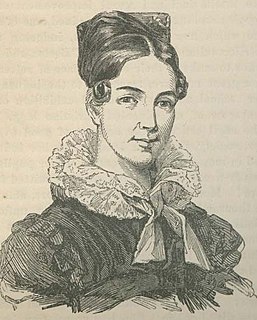
Frances M. Hill was an American missionary and educator who moved to Greece during the Greek War of Independence and established the first educational facilities for girls in Greece. She and her husband were the first foreign missionaries sent by the Episcopal Church in the United States to serve abroad. While her husband worked to establish their mission, Hill supervised the girls' educational facilities and ran the mission during his absences. After her retirement from the mission, she founded a teacher training academy and continued to administer the school until her death.
Elizabeth Somerville (1774-1840) was a Scottish novelist who wrote primarily for children. She later became a school mistress.















